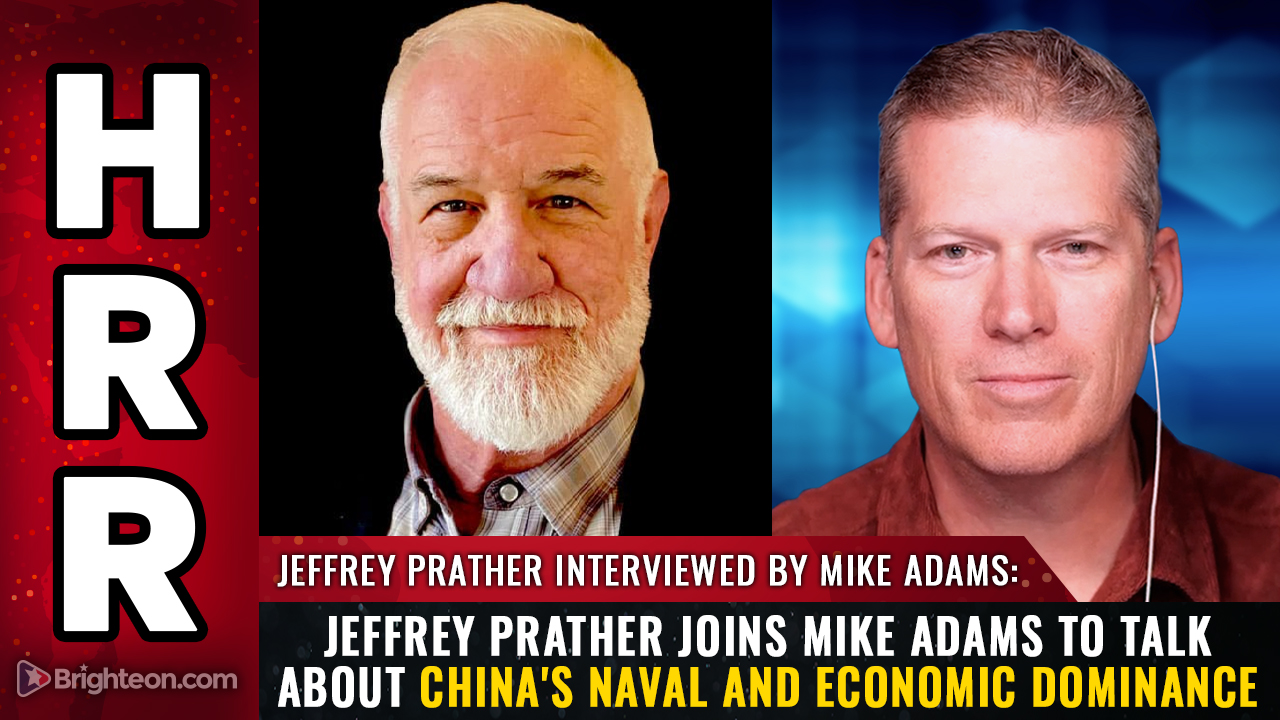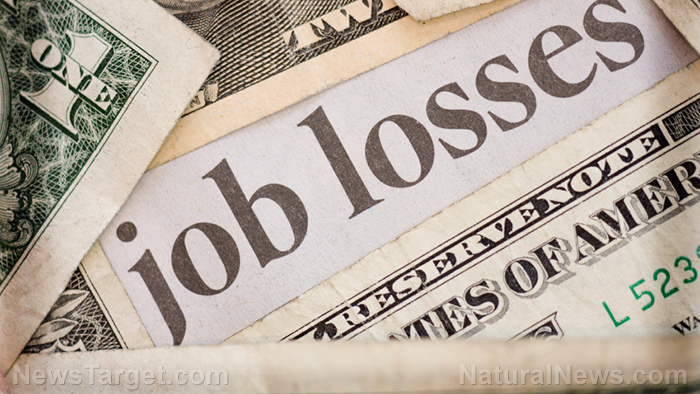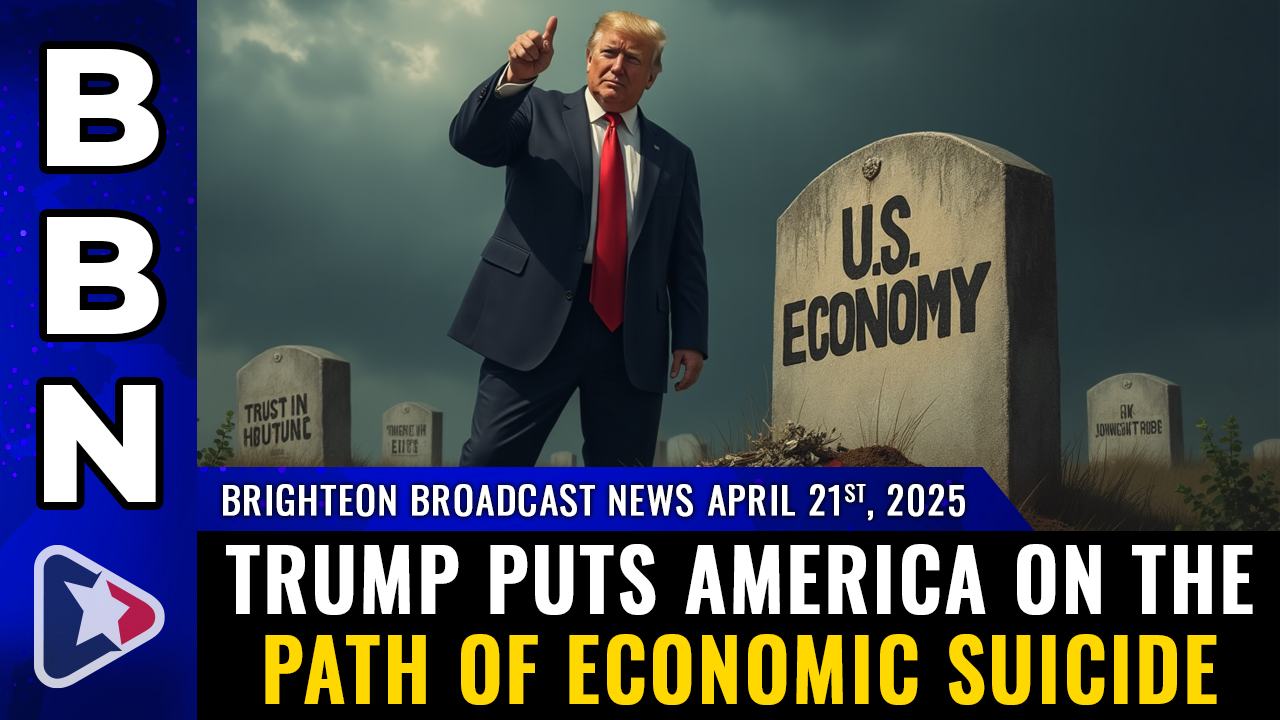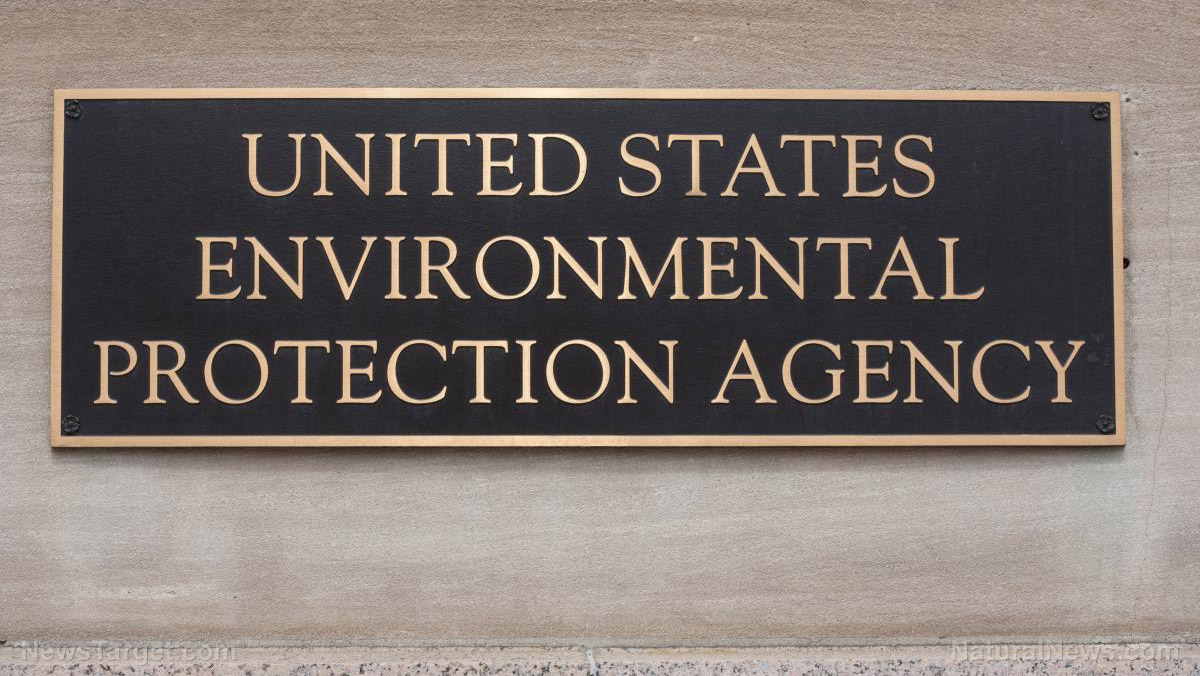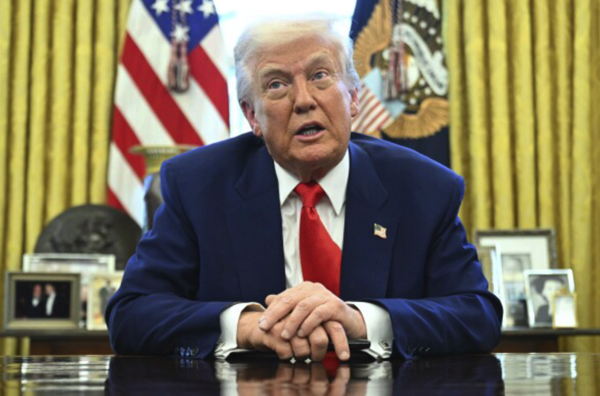U.S. import prices unexpectedly fall in March as inflation pressures ease
04/20/2025 / By Laura Harris
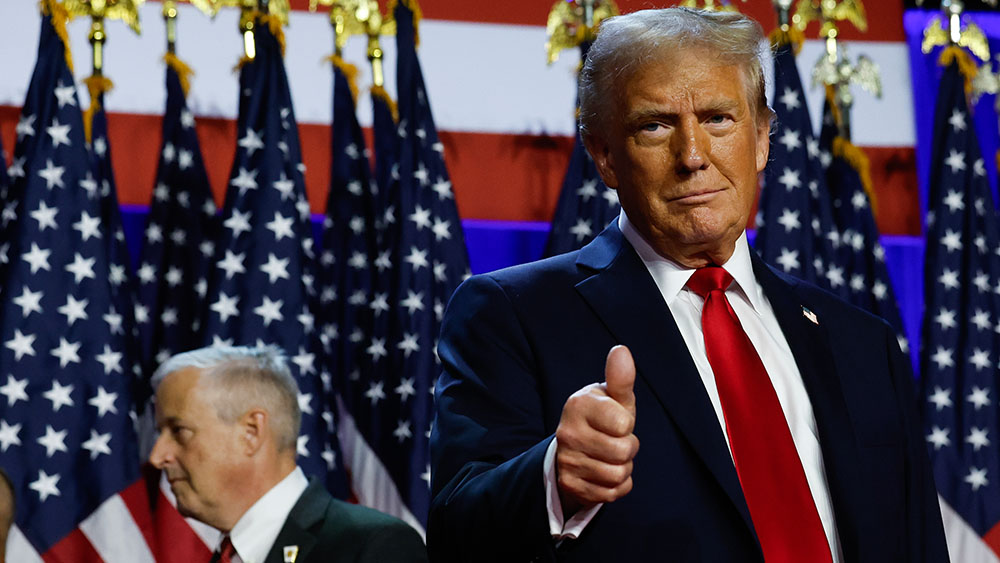
- The U.S. trade deficit fell for the first time in five months as imports from China and other partners grew slower than exports, aligning with Trump’s trade policy goals.
- Contrary to predictions, Trump’s tariffs did not lead to significant inflation, as Chinese exporters and U.S. companies absorbed costs instead of passing them to consumers.
- U.S. import prices unexpectedly dropped in March due to lower energy costs, reinforcing subdued inflation despite tariff implementation.
- Companies like Sony chose not to raise U.S. prices despite tariffs, prioritizing market share, while Chinese import prices fell, validating Trump’s claim that tariffs primarily pressure foreign producers.
- China’s retaliatory tariffs had minimal effect on U.S. firms due to its heavy reliance on the American market, reducing its leverage in the trade war.
U.S. import prices unexpectedly declined in March as energy costs dropped, reinforcing indications that inflationary pressures were subsiding ahead of the full implementation of President Donald Trump’s sweeping tariffs.
According to the latest data from the Labor Department, import prices dipped to 0.1 percent last month, marking the first decline since September and following a modestly revised 0.2 percent gain in February. Economists had anticipated no change. Over the past year, import prices rose just 0.9 percent, a notable slowdown from the 1.6 percent increase in February.
The decline further supports evidence from recent benign consumer and producer price reports that inflation remained subdued in March. The Federal Reserve’s preferred inflation gauge, the core Personal Consumption Expenditures (PCE) index, is expected to have risen just 0.1 percent for the month, slowing annual growth to 2.6 percent from 2.8 percent.
Key drivers of March’s import price decline included a 2.3 percent drop in fuel costs, reflecting weakening oil prices amid global growth concerns. Food prices edged up just 0.1 percent, while non-fuel, non-food import prices rose a modest 0.1 percent for the second straight month.
Notably, prices for Chinese imports fell 0.2 percent in March and were down 0.9 percent year-over-year, suggesting initial tariffs may not yet be fully reflected in pricing data. Meanwhile, costs for goods from Japan and Mexico saw slight increases. (Related: Market rebounds on Trump’s tariff pause, but uncertainty looms.)
Trump’s right: Tariffs aren’t hitting U.S. consumers as feared
For weeks, economic pundits, policymakers and the financial establishment have warned that Trump’s aggressive tariff policies would unleash crippling price hikes on American consumers. A University of Michigan’s consumer sentiment survey even reflected fears of hyperinflationary pressures as the White House pushed for fairer global trade terms.
But this fresh data and corporate decisions are challenging that narrative.
For instance, Sony has opted not to pass tariff-related costs onto American consumers, even as it raises prices in Europe, the Middle East, Africa, Australia and New Zealand. The company explicitly cited the importance of the U.S. market, signaling that businesses may prioritize maintaining market share over protecting profit margins in the world’s largest consumer economy.
This aligns with Trump’s long-standing argument that foreign exporters, reliant on U.S. demand, will absorb much of the tariff burden rather than risk losing customers. The numbers validate their stance: Tariffs don’t automatically translate to higher shelf prices. Instead, global suppliers may cut pre-tariff prices to offset duties, leaving U.S. demand unscathed while foreign producers absorb the blow.
Beijing’s retaliatory tariffs pose minimal risk to U.S. firms, given China’s heavy reliance on exporting to America. As the White House has repeatedly noted, the imbalance in trade volume means China has far less room to escalate without harming its own economy.
In other words, Trump’s bet appears to be paying off. Rather than squeezing American wallets, the tariffs are pressuring foreign exporters to eat the costs whether through margin compression or price adjustments elsewhere.
Follow Trump.news for more stories like this.
Why does Trump want to tariff Canada and Mexico? Watch this video.
This video is from the NewsClips channel on Brighteon.com.
More related stories:
TARIFF WAR LOOMS: Trump warns Trudeau of more tariffs following Canada’s retaliation.
Canada-U.S. trade war escalates: Maxime Bernier warns against tariffs, calls for free trade revival.
Trump’s 125% tariff triggers panic among Chinese Amazon sellers.
Copper collapse: Tariff war sparks metals meltdown, rattles global markets.
Sources include:
Submit a correction >>
Tagged Under:
Bubble, business, China, Donald Trump, economy, import, panic, prices, products, progress, risk, supply chain, supply chain warning, tariffs, trade war, White House
This article may contain statements that reflect the opinion of the author
RECENT NEWS & ARTICLES
COPYRIGHT © 2018 MONEYSUPPLY.NEWS
All content posted on this site is protected under Free Speech. MoneySupply.news is not responsible for content written by contributing authors. The information on this site is provided for educational and entertainment purposes only. It is not intended as a substitute for professional advice of any kind. MoneySupply.news assumes no responsibility for the use or misuse of this material. All trademarks, registered trademarks and service marks mentioned on this site are the property of their respective owners.



